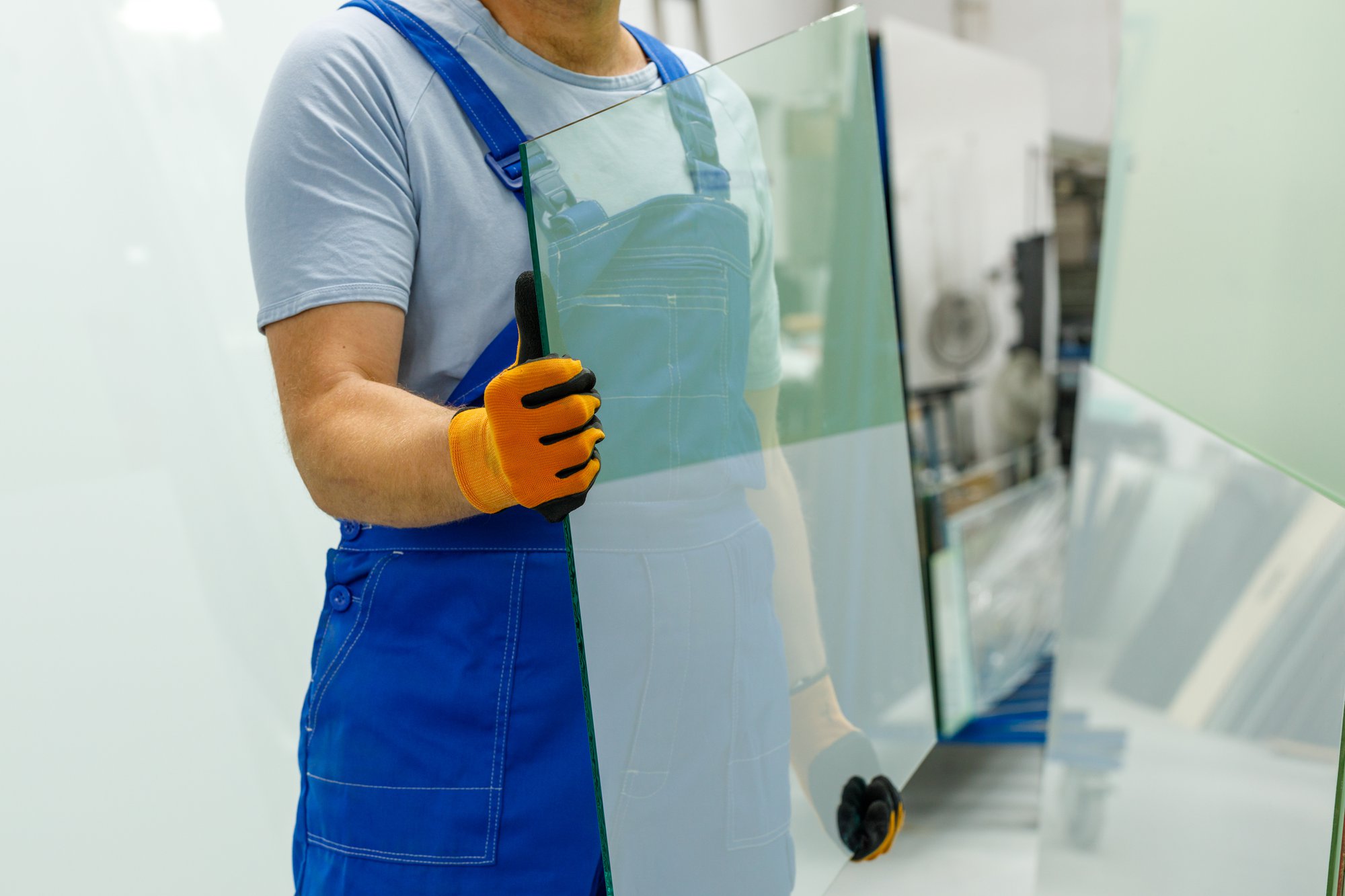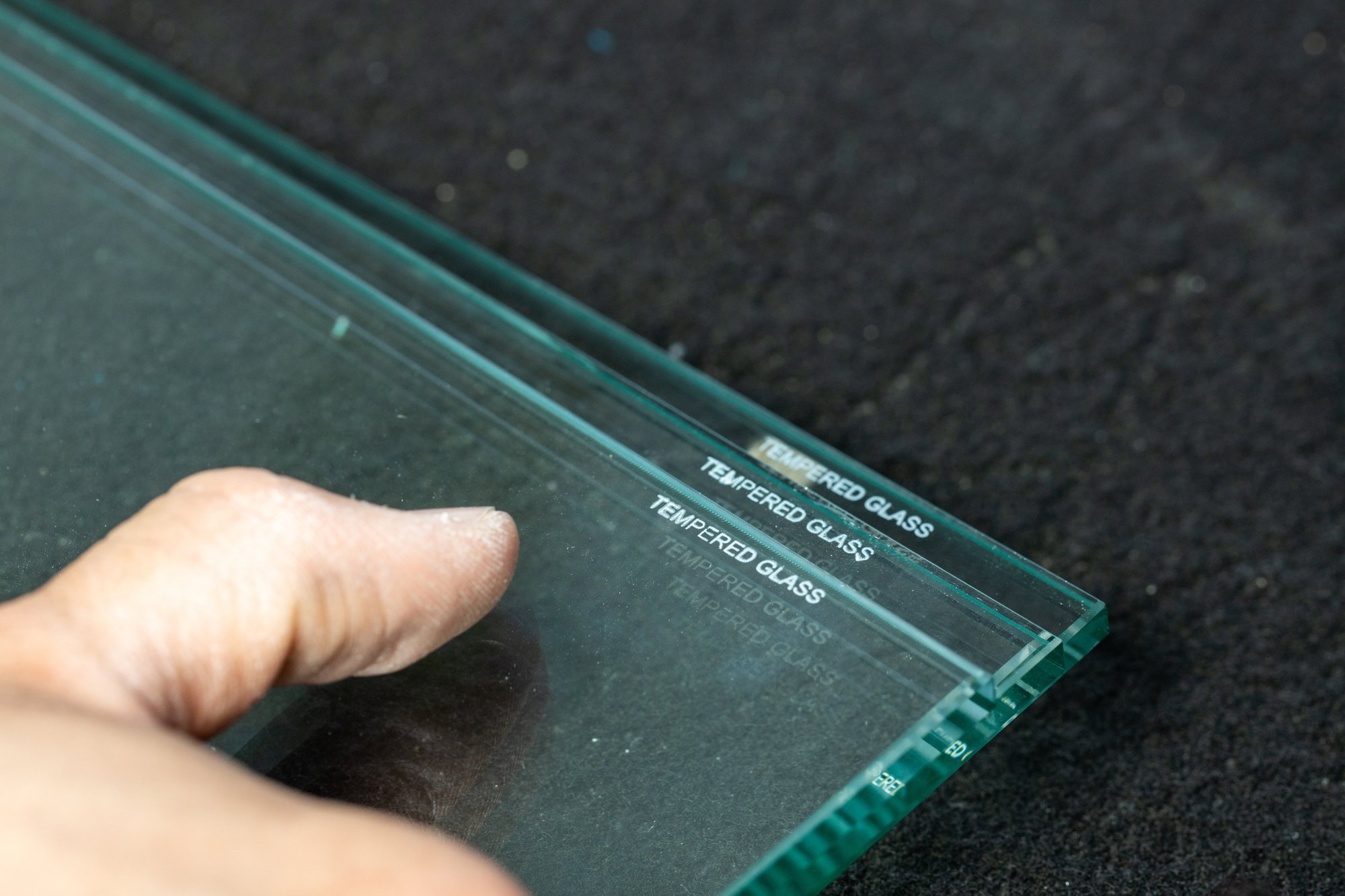Energy efficiency is increasingly vital in modern architecture, with insulating glass being a key component in achieving sustainable building practices. By reducing heat transfer, insulating glass helps decrease energy consumption, thereby making buildings more environmentally friendly and cost-effective.
The Role of Insulating Glass in Modern Energy Efficiency
Insulating glass units (IGUs) are designed to improve thermal performance in buildings. They consist of two or more glass panes separated by a spacer, sealed to create an insulating air space. This configuration significantly reduces the rate of heat transfer, making it an essential feature for energy-efficient buildings. Incorporating low-emissivity (Low-E) coatings can further enhance the insulating properties of IGUs by reflecting infrared light, thereby minimizing heat loss in winter and heat gain in summer.

How Insulating Glass Improves Energy Efficiency
The primary function of insulating glass is to reduce thermal conductivity, which is the rate at which heat moves through a material. A lower thermal conductivity results in less heat escaping from a building during cold weather and less heat entering during warm weather. This stabilization of indoor temperatures reduces energy usage for heating and cooling.
One way to measure the effectiveness of insulating glass is through its U-value, which indicates the rate of heat transfer. Lower U-values signify better insulation. For example, while a standard single-pane window might have a U-value of around 5.0, a high-quality insulating glass unit can achieve U-values as low as 0.25. This difference can translate into significant energy savings over time.
Low-E coatings add another layer of efficiency by reflecting infrared radiation. This helps keep heat inside during the winter and outside during the summer, enhancing the overall insulating performance of the glass.
Applications and Benefits of Insulating Glass
Insulating glass offers multiple benefits in homes. It helps maintain a consistent indoor temperature, leading to lower energy bills. Homeowners can also enjoy reduced heating and cooling costs, as insulating glass minimizes the need for HVAC systems to work as hard to regulate indoor temperatures.
Insulating glass benefits commercial spaces, especially those with extensive glass facades. Office buildings, for instance, often experience significant energy loss due to large windows. Retrofitting these buildings with insulating glass can reduce energy consumption, leading to cost savings. Additionally, insulating glass enhances indoor comfort by reducing drafts and maintaining a stable temperature.
Environmental Impact and Sustainability
Insulating glass contributes to sustainable building practices by lowering the energy required to heat and cool buildings. This reduction in energy demand decreases utility costs and helps reduce the carbon footprint associated with fossil fuel consumption.
Green building certifications, such as LEED (Leadership in Energy and Environmental Design), highlight the importance of energy-efficient materials. Using IGUs can help buildings earn points in categories related to energy and atmosphere, as well as indoor environmental quality. This makes insulating glass a valuable component for projects aiming for high sustainability standards.
Furthermore, the efficiency gains from using insulating glass support the integration of renewable energy sources. By lowering overall energy consumption, buildings can more easily adopt renewable energy solutions like solar panels and wind turbines, further enhancing their environmental benefits.

Aesthetic and Acoustic Advantages
Insulating glass offers energy efficiency, aesthetic, and acoustic benefits. Modern IGUs can be customized to meet various design requirements, allowing architects and designers to create visually appealing structures without compromising energy efficiency.
Additionally, insulating glass units provide superior sound insulation compared to single-pane windows. This makes them ideal for buildings in noisy urban environments, as they help create quieter indoor spaces, enhancing overall comfort and quality of life.
The Future of Energy-Efficient Buildings
Insulating glass is an indispensable element in the quest for energy efficiency in modern buildings. Its ability to reduce thermal conductivity and enhance indoor comfort makes it a vital component in both residential and commercial settings. Incorporating insulating glass can significantly reduce energy consumption, lower utility costs, and contribute to a more sustainable environment.
Investing in insulating glass is a smart choice for builders, architects, and homeowners looking to improve energy efficiency. Not only does it offer immediate benefits in terms of comfort and cost savings, but it also supports long-term sustainability goals. Whether you’re designing a new building or retrofitting an existing one, consider insulating glass as a key feature in your project. Contact Insul-Lite Manufacturing™ today to learn more about how insulating glass can make a difference in your next project!





